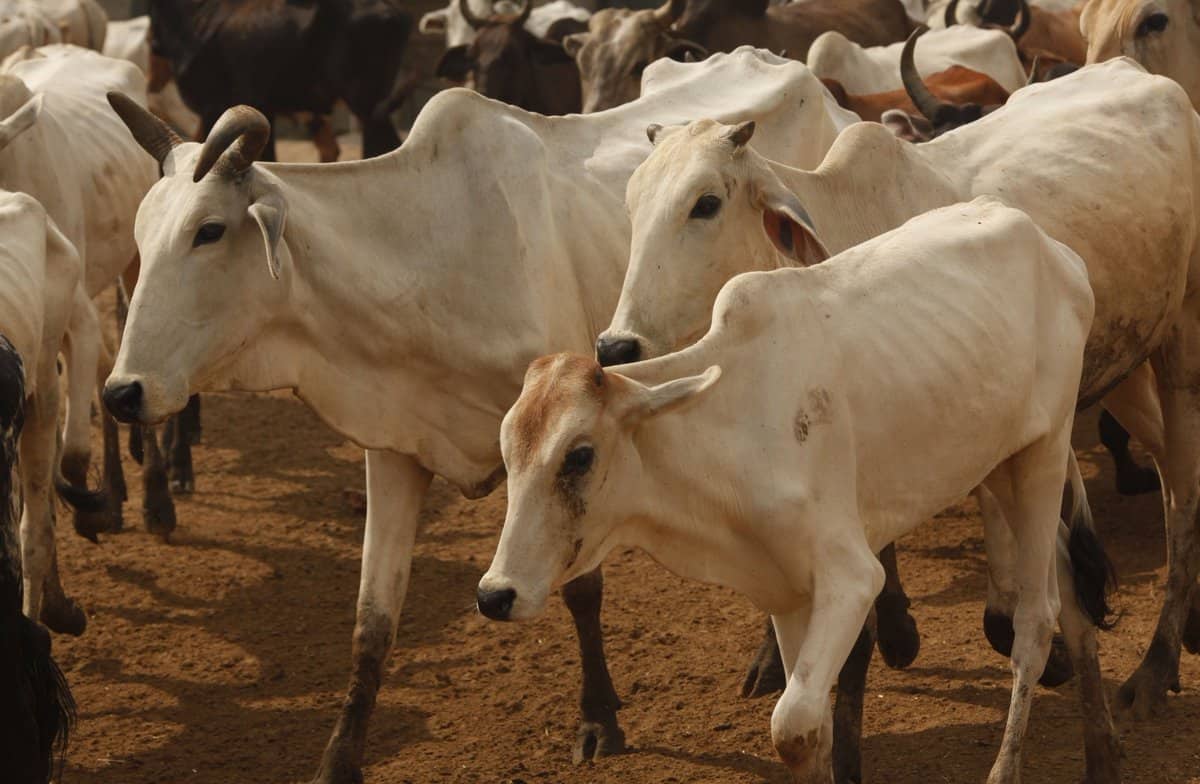
Pune: At least 22 cattle have died of lumpy skin disease in Maharashtra over a period of one month, an official from the state animal husbandry department said on Monday.
The outbreak of lumpy skin disease (LSD), which affects cattle, has been reported in Rajasthan, Gujarat, Punjab, Haryana, Himachal Pradesh, Uttarakhand, Jammu-Kashmir, Uttar Pradesh, Madhya Pradesh and Delhi.
In Maharashtra, the disease has spread in 133 villages of Jalgaon, Ahmednagar, Akola, Dhule, Pune, Latur, Aurangabad, Beed, Satara, Buldana, Amravati, Osmanabad and Kolhapur districts, the official said.
“A total of 2,21,090 livestock in 622 villages, within 5 km radius of the infected areas, have been vaccinated. Of 1,224 infected cattle, 752 have recovered after treatment, while 22 have died so far,” the official said.
As many as 12 cattle in Jalgaon, three each in Ahmednagar, Pune, Amravati and one in Buldhana have succumbed to the disease, he said.
As per the provisions of the Prevention and Control of Infectious & Contagious Diseases in Animals Act, 2009, an area of 5 km from the epicentre of infection can be declared a controlled zone.
The first case of the disease in the state was reported on August 4 at Chinawal village of Raver taluka in Jalgaon, the official said.
The disease is curable with medication and livestock farmers have been urged to contact the nearest veterinary dispensary or the animal husbandry department’s toll-free no.18002330418 or the state-level call centre for veterinary services toll-free number 1962 to report a possible outbreak, the department said.
The major symptoms of the disease are fever, nasal and lacrimal discharge, ulcers in the eye, swollen lymph nodes and a drop in milk production. Also, nodules are observed on the skin at the head, neck, genital organs and chest regions.
Since the disease is infectious, it is important to take preventive measures such as proper cleanliness of cowsheds and segregation of healthy animals from infected ones, it stated.
Animal Husbandry commissioner Sachindra Pratap Singh visited Akola district and reviewed the treatment of the affected animals and vaccination.



